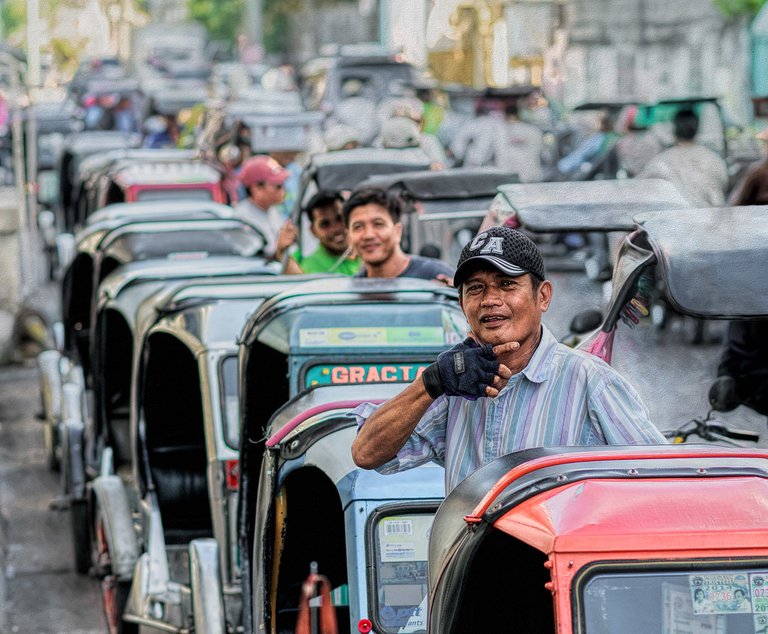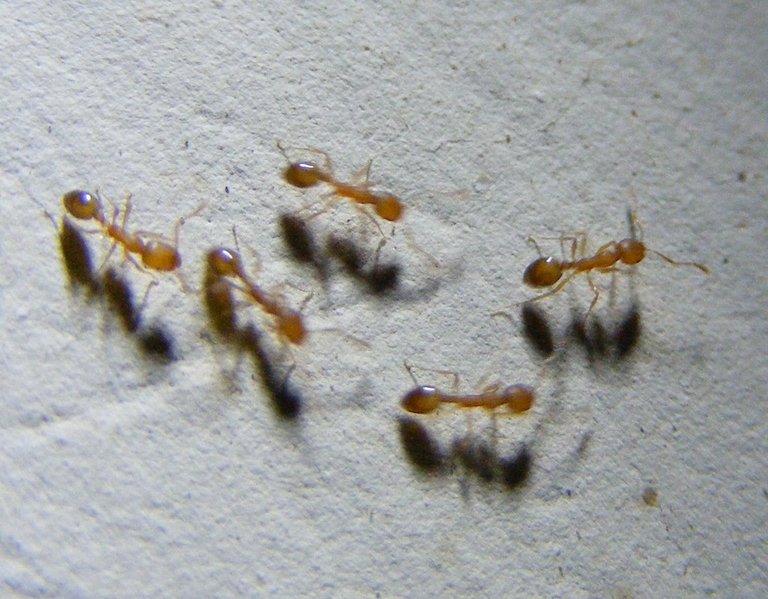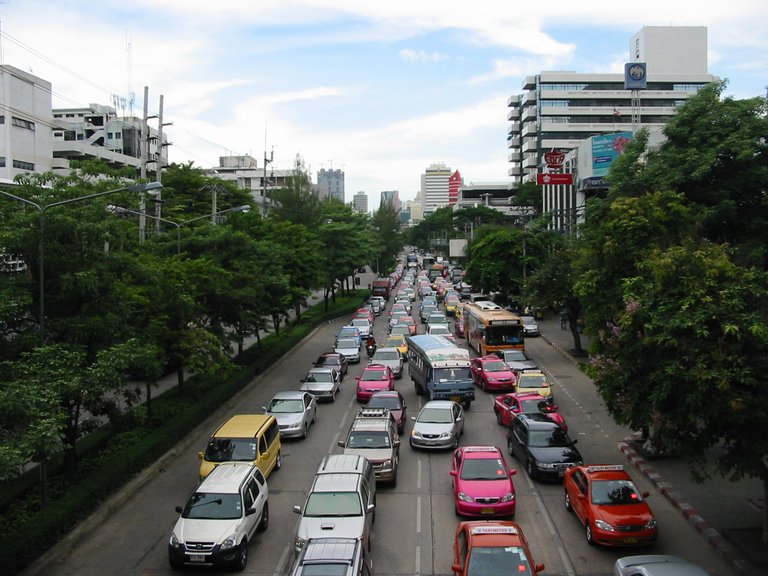Why We Behave The Way We Do in Traffic
I spent almost 1 hour 40 minutes at Bodija in Ibadan, Oyo State, Nigeria staring at the rear lights of cars and trucks because I was stuck in traffic. With 1 in 7 people having a car and majority of the population go by bus I ask myself why we still experience traffic jam. If we do with such low number of people who own cars, then what would happen if we have 6 in seven people with a car.
Well, we could drive continuously without traffic if all things were equal but we can say that things like traffic light, car fault, accidents, and so on makes all things not equal. While humans have lesser population than ants, ants do not have the same issues even when they are 20 quadrillion ants on the surface.

flickr
Researchers notice that even with their population, they do not experience delay in movement or a traffic jam. Researcher noticed that ants have a way of leaving those with loading food back to the colony in the middle while those leaving the colony and without food take the both sides. When ants meet at a collision point, the one without food load either goes to the left or right side.
Just like ants, we human also form lines without a defined way to go. When we are in a crowded area going in opposite directions, we tend to create ways distinguishing those going from those coming but when we drive we get a different result. Humans do not like traffic at all and it always looks like time is longer and this is because we are idle. Our brain allows us to see time as if it is moving faster when we are occupied and slower when we are idle.

Flickr
But with anxiety, it looks like time is dealing with us differently. Why does it look like we are waiting too long on a line when we are pressured to get someone, like for instance,m when we are going somewhere at a particular time, being stuck in traffic can look like hell. It looks like time is running fast and we are staying too long on the line and this is as a result of anxiety.
Another tricky scenario is that when we face unexplained and uncertain traffic or queue, it looks like the wait is longer but when we know what is causing the wait and it is explanatory, the wait looks shorter.
I have notices something when in traffic that the other lane usually moves faster, and I am sure I am not the only person who has noticed this. Anyways, traffic on the other lane doesn't move faster. Research has shown that drivers on both lane will feel this way because the brain pays more attention to losses than gains. We also want to get to our destination as fast as possible and do not care what happens provided we get what we want but this is not the same with ants because those without load walk behind the ones with load for the greater good of the colony.
One reason we always feel bad with traffic and make terrible decisions in the process is that we believe that traffic happens to us on a daily but forget that the traffic is caused by us (humans). You would notice that self driving cars do not want to overtake or get out of traffic faster unlike humans, this is because they do not have large brains rather they have programmings.
REFERENCE
https://pmc.ncbi.nlm.nih.gov/articles/PMC1691225/
https://inrix.com/scorecard/
https://www.sciencedirect.com/science/article/abs/pii/S0376635719302967
https://www.cnrs.fr/en/press/ants-jam-free-traffic-champions
https://journals.biologists.com/jeb/article/213/14/2357/9832/Ant-traffic-rules
https://pmc.ncbi.nlm.nih.gov/articles/PMC6198993/
https://www.sciencedaily.com/releases/2015/04/150422084350.htm
https://davidmaister.com/the-psychology-of-waiting-lines/
http://www.columbia.edu/~ww2040/4615S13/Psychology_of_Waiting_Lines.pdf
https://journals.plos.org/ploscompbiol/article?id=10.1371/journal.pcbi.1002592
https://www.scirp.org/journal/paperinformation?paperid=99238

Thanks for your contribution to the STEMsocial community. Feel free to join us on discord to get to know the rest of us!
Please consider delegating to the @stemsocial account (85% of the curation rewards are returned).
Thanks for including @stemsocial as a beneficiary, which gives you stronger support.